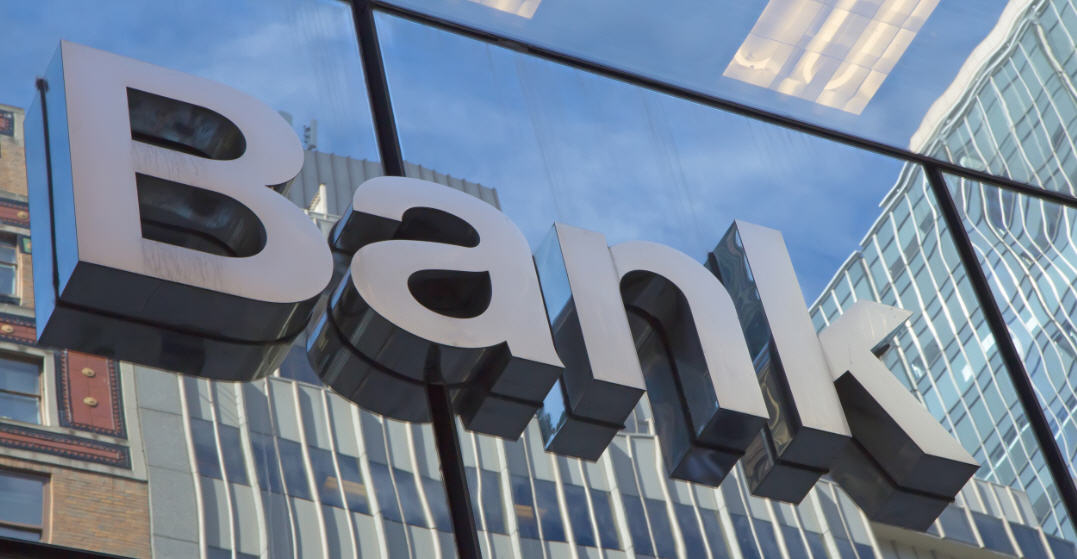Hello, Singapore: Do Your Private Banks Have Your Wealth Clients’ Backs?
July 15th, 2014

I always love landing in Singapore: the landscape is lush and beautiful, the food is delicious, and the weather is usually just right for a leisurely dip in the hotel pool. While visiting the region recently, I noticed a significant “buzz” and growth within the financial services sector, particularly in the categories of Wealth Management and Private Banking. WealthInsight, a research group, predicted in 2013 that there would be a 59% percent increase in the number of millionaires from 2012 to 2017 and that Singapore’s share of global wealth to outstrip Switzerland by 2020. If this proves to be accurate, would certainly require greater attention to wealth management services.
In fact, as Forbes wrote last year, we seem to be heading in that direction – according to its article, Singapore is now the world’s fastest growing wealth hub with $1.3 trillion assets under management. About one in every 30 Singaporeans was a dollar millionaire in 2012. And by 2017, it is estimated that one in every 20 Singaporeans will be a millionaire. This segment that currently holds $857 billion, or 85.7% of the total individual wealth, will grow by 63 percent and hold $1.39 trillion by 2017. Wow!
With this rapid growth and high per capita wealth, comes the need to be vigilant and proactive on all aspects of cyber, fraud, and risk management of this newly found prosperity.
Regardless of whether you are in Singapore, or anywhere else in the world, fraudsters everywhere are clearly seeing higher-end Wealth clients as prime targets for their efforts for some very obvious reasons:
- Wealth clients offer high returns, therefore a worthwhile ROI
- Wealth clients themselves typically have little or no security awareness
- Wealth clients often have others managing their money for them, another consideration that ups their risk profile and chances for fraud
So what should private banks be doing to ensure that this long-tenured, relationship-driven sector is equipped to move into the digital and cyber age?
- Shape Best Practices: Private banks should shape their own unique fraud best practices, by working with expert firms to form their next generation of cyber and fraud protection
- Technology Roadmaps: Private banks should bring subject matter expertise to the table, by seeking out the best experts in the field to inform private banking product and technology roadmaps
- Address Specialized Needs: Private banks should build their cyber and fraud strategies to satisfy private banking client needs, which are more specialized and often complex
- Jumpstart Lessons Learned: Private banks might also consider leveraging some of the “lessons learned” from other areas within the bank, including both the retail and commercial sides, to jump start some unique applications to their own situation
As the “digital risk” needs for the private banking sector evolve, getting the framework to support these risks are key to providing the “right path” approach. This aspect doesn’t just apply to Singapore, but it also applies to private banks globally – as we know, cyber fraudsters know no borders.
Getting back to Singapore, The Marina Bay Sands Hotel where I was lucky enough to visit this trip, is definitely one of the world’s most amazing structures and a “must” on my next visit. As I sit and sip my next umbrella-ed drink over by the infinity pool, perhaps I can mull over how many of its well-heeled visitors have bank accounts that have been made safe from fraudsters and are being protected during their stay or visits to its busy casinos. (And according to the previously cited Forbes article, my companions here are more likely from China or Indonesia or other countries in the region, and not Singapore, but my thoughts on Wealth and Fraud don’t change!)
Hopefully, wherever in the world they hail from, their banks are addressing new fraud strategies to reduce the odds that they become the next victim of wealth account plundering and are protected with every interaction.




